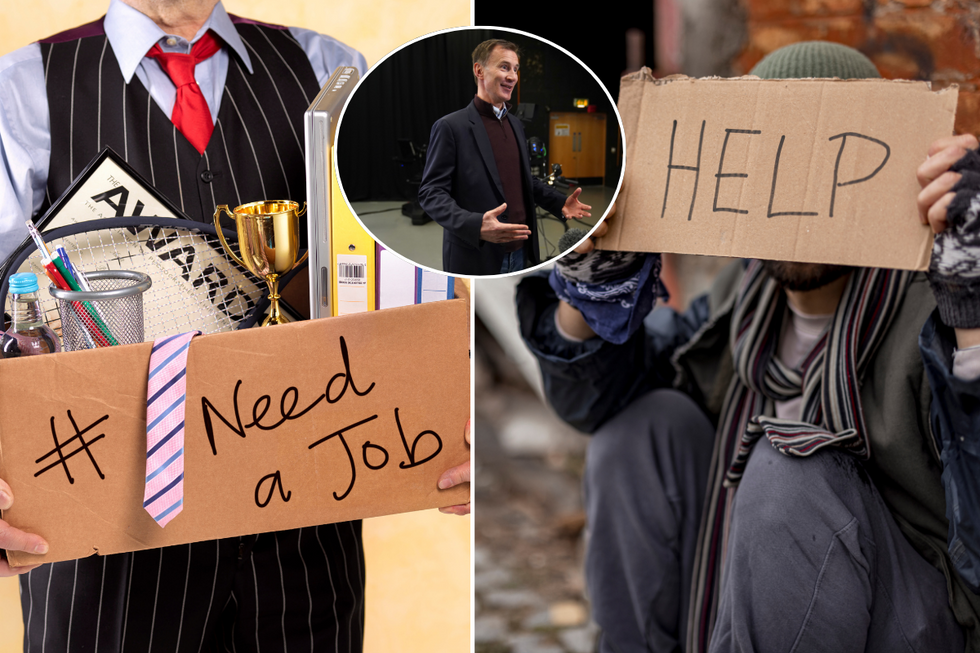Britain’s worklessness problem has never looked so bleak. An eye-watering 2.74 million people are now out of work due to long-term sickness and that number shows no sign of shrinking any time soon.
In fact, some 4,000 people are being signed off every single day with 70 per cent deemed unsuitable for work in the forseeable future.
And in some towns and cities the problem is particularly acute: 22 per cent of people in Inverclyde and Middlesbrough, 24 per cent of people in Hartlepool and over a quarter of people in Blackpool are not working.
And what is incapacitating them? Surprisingly, perhaps, the answer isn’t physical disability: an astonishing 873,000 claimants last year were suffering from “mental and behavioural disorders”.

This is a double whammy for the British taxpayer. Total GB welfare spending is forecast to be 10.2 per cent of GDP and 22.6 per cent of the total amount the government spends in 2023 to 2024 – over three times what’s being spent on defence.
And of course, in places where one fifth of working age adults are out of work, growing the economy is all but impossible.
For as long as this crisis persists, Rishi Sunak stands no chance of achieving the five goals he set himself when he became Prime Minister – and ordinary working Brits will continue to feel the effects of the cost of living crisis in all its horror.
Of course, plenty of the nearly one million people who have been signed off for work for poor mental health may genuinely be completely unable to work.
LATEST DEVELOPMENTS:
- 'It's not unemployment, it's economic inactivity!' Robert Bates SLAMS non-working migrants
- 'Get out and get a job!' Britons vent at benefit scroungers out of work: 'It's easier not to be employed'
- British workers ‘required’ to take 'lower pay deals' in fight against inflation, claims Bank of England official

But funding hundreds of thousands of young people to languish on benefits in some of Britain’s poorest towns and cities is hardly levelling up.
In November 2023, Chancellor Jeremy Hunt and Work and Pensions Secretary Mel Stride unveiled what they dubbed their Back to Work Plan – “a package of employment focused support that will help people stay healthy, get off benefits and move into work”.
But as yet, we are not seeing the effects. A sound principle in politics is to “follow the money”.
Is it perhaps time for Jeremy Hunt and Mel Stride to confront head-on the uncomfortable possibility that with the bill for mental health benefits sky-rocketing, and thousands of people being signed off each day, perhaps not every claimant is quite as incapacitated as they purport to be?
from GB News https://ift.tt/A9WV17h



0 Comments